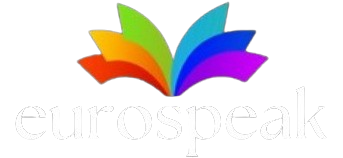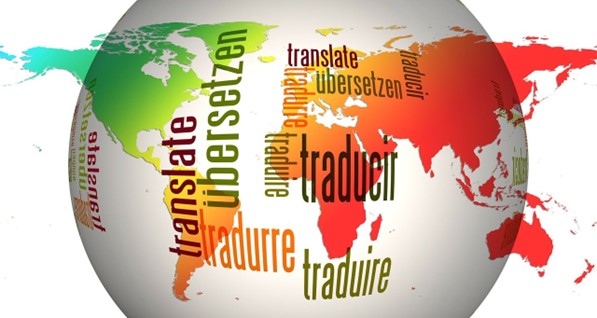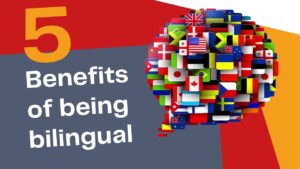A Bolivian teacher who taught English told me that it was important not to forget the local indigenous languages. Unfortunately, there are no indigenous languages left in England; we have dialects: Lancastrian from Lancaster, Mancunian from Manchester, Scouse from Merseyside, Brummie from Birmingham, Cockney from working-class London, and Dorset. There are moves in Corwall to resurrect the Cornish language which is a Celtic language. The last fluent ‘native’ speakers of Cornish died in the late eighteenth century. In the wider United Kingdom, there is Welsh, Scots Gaelic, and Irish Gaeilge in Northern Ireland; these are ‘living’ languages spoken by people today.
English evolved in what is now England from the languages various invaders and settlers spoke: the Anglo-Saxons, Vikings, and Norman French. Contained within the present days English has a linguistic history dating back thousands of years. Before the Anglo-Saxons, Vikings, and Norman French came, the inhabitants spoke a form of Latin of the Roman Empire, and before the Roman’s invaded the Celtic inhabitants spoke a Celtic dialect. The only words spoken today that belong to our ancient Celtic ancestors are related mostly to geography: the rivers Tamar and Thames mean “dark”; the ‘pen’ village names such as Pendleton and Penrith, come from the Celtic hill or headland. In the UK there are nine rivers called Avon: avon in old Celtic meant ‘river’, and then there is Tor means a rocky peak.

Believe it or not, the United Kingdom doesn’t have an official language: Bolivia has thirty-six, but I was told by the Bolivian teacher I spoke to that Bolivia has four main languages spoken by the majority of the population: Spanish, Aymara, Quechua, and Guaraní. Many people ask why not just speak one language in Bolivia: Spanish.
A language is an identity; languages evolve over time and reflect the history, culture, and geography of a land and its people. Learning the language of your country fosters cultural empathy and brings you closer to your own identity. It is an appreciation of the diversity of Bolivia and a commitment to preserving the linguistic heritage of our ancestors, and it is an expression of belonging to a specific cultural community. As a foreigner learning Aymara, Quechua, and Guaraní, it gives you the opportunity to integrate into the community and understand its culture and history. In the PRELIM3 project, we hope to reflect, in some small ways, Bolivia’s linguistic diversity through communicative and pronunciation activities. Please find more information on our website. Follow to get more interesting cultural stories.




